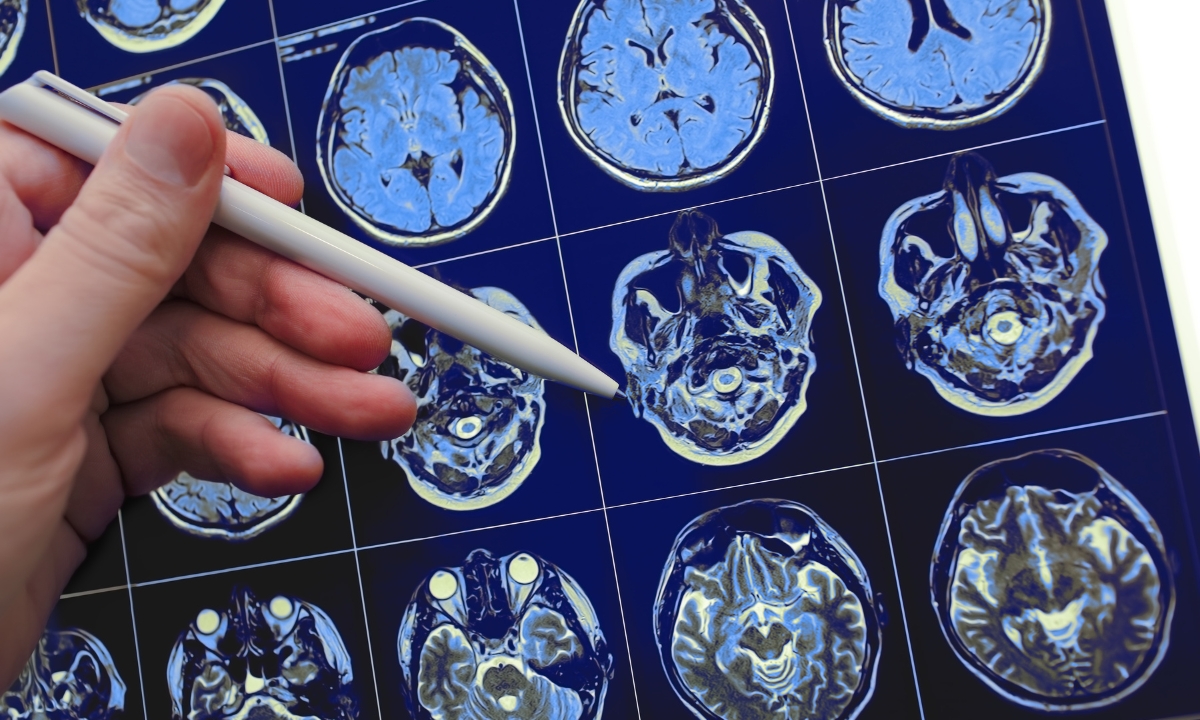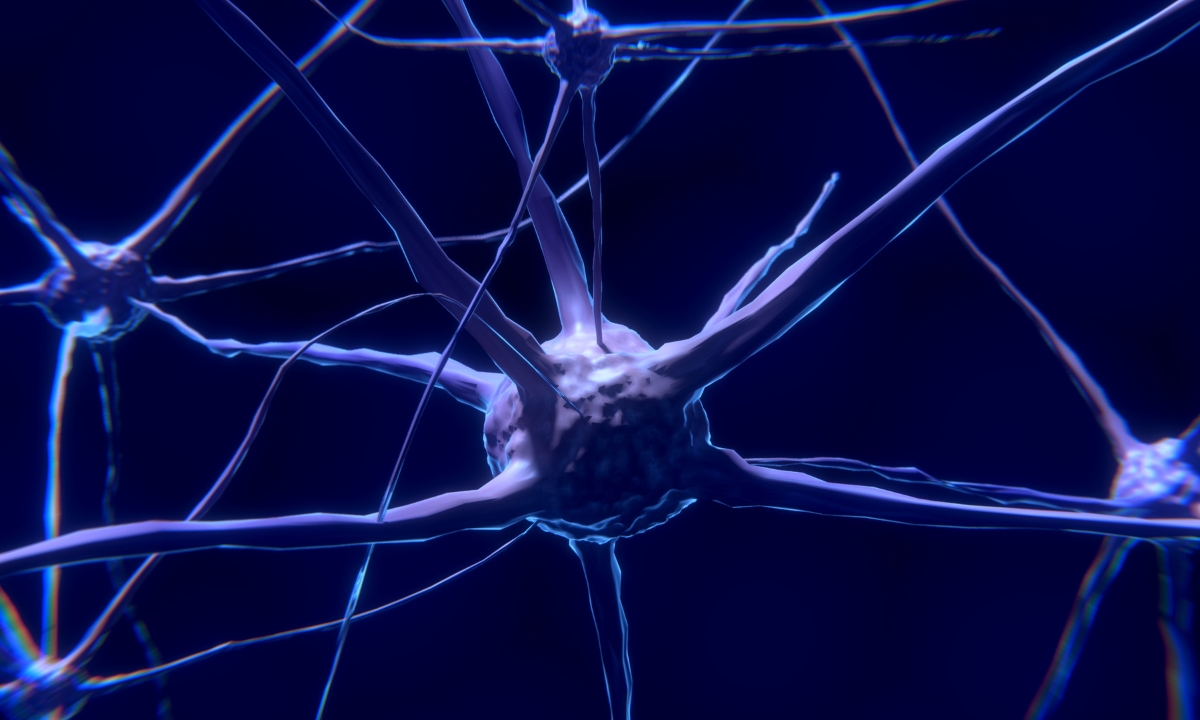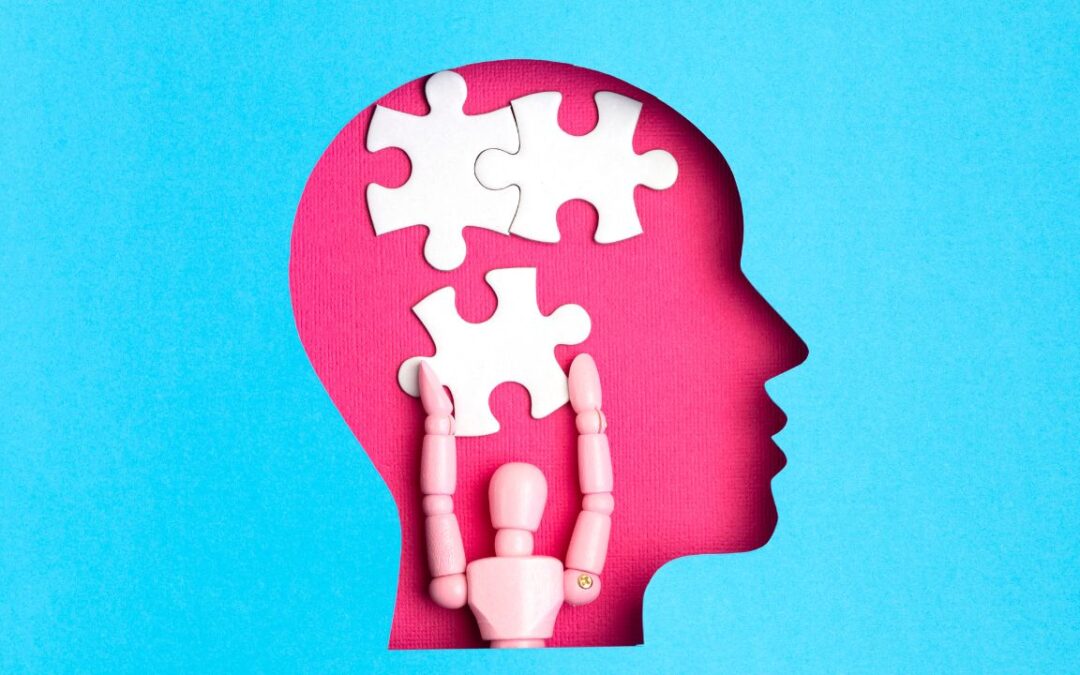Maintaining cognitive health is essential for seniors to continue living fulfilling, independent lives. Cognitive decline is a natural part of aging, but there are many activities and exercises that can help keep the mind sharp and engaged. Doing so can help prevent forgetfulness and the issues that can come with it, such as forgetting to take medication. Reliant’s team of in-home caregivers understand that mental health is just as important as physical health, and we can include ways of maintaining your loved one’s cognitive health in their personal care plan.
Let’s explore some effective ways to support cognitive health that you can do with your loved one or that they can enjoy by themselves.

The Importance of Cognitive Health
Cognitive health involves maintaining the ability to think, learn, and remember. According to the Alzheimer’s Association, about one in nine people over the age of 65 has Alzheimer’s disease, a common form of dementia. However, research suggests that engaging in mentally stimulating activities can help reduce the risk of cognitive decline.
The National Institute on Aging highlights that cognitive health is influenced by genetics, lifestyle, and environmental factors. While we can’t change genetics, we can adopt healthy habits and engage in activities that support brain health. Here are some activities and exercises that can help seniors maintain cognitive function and mental sharpness.
1. Brain-Training Games and Puzzles
Engaging in brain-training games and puzzles is a fun way to stimulate cognitive functions. Activities like crossword puzzles, Sudoku, and brainteasers challenge the mind and improve problem-solving skills. Studies have even found that seniors who regularly engage in crossword puzzles and brain games experience slower rates of cognitive decline than those who play computer games.
- Crossword Puzzles: Enhance vocabulary and memory.
- Sudoku: Boosts logical thinking and number skills.
- Brain Teasers: Improves problem-solving abilities.
2. Learning New Skills
Lifelong learning is crucial for cognitive health. Encouraging seniors to learn new skills or hobbies can stimulate different areas of the brain. Whether it’s learning a new language, playing a musical instrument, or taking up painting, these activities can have significant cognitive benefits.
- Language Classes: Learning a new language can improve memory and cognitive flexibility.
- Music Lessons: Playing an instrument enhances coordination and concentration.
- Art Classes: Painting or drawing boosts creativity and visual-spatial skills.
3. Physical Exercise
Physical exercise is not only good for the body but also for the brain. Regular physical activity increases blood flow to the brain and promotes the growth of new neurons. The Centers for Disease Control and Prevention (CDC) recommends at least 150 minutes of moderate-intensity aerobic activity per week for seniors.
- Walking: Simple and effective for boosting overall health and brain function.
- Yoga: Combines physical movement with mindfulness, reducing stress and enhancing cognitive function.
- Tai Chi: Improves balance, coordination, and mental focus.
4. Social Engagement
Staying socially active is essential for cognitive health. Social interactions can help reduce the risk of depression and cognitive decline. According to a studies, seniors who engage in regular social activities have a slower rate of memory decline.
- Community Groups: Joining clubs or groups based on interests can provide regular social interaction.
- Volunteer Work: Volunteering offers a sense of purpose and opportunities to connect with others.
- Family Gatherings: Regularly spending time with family helps maintain emotional and cognitive health.
5. Healthy Diet
A balanced diet rich in antioxidants, vitamins, and healthy fats supports brain health. The Mediterranean diet, which includes plenty of fruits, vegetables, whole grains, and fish, is particularly beneficial. The Alzheimer’s Association notes that a heart-healthy diet can also protect brain health.
- Leafy Greens: Spinach and kale are packed with brain-boosting nutrients.
- Fish: Rich in omega-3 fatty acids, essential for brain function.
- Berries: High in antioxidants, which help protect brain cells.
6. Mindfulness and Meditation
Practicing mindfulness and meditation can improve attention, memory, and emotional regulation. These practices reduce stress and promote a sense of well-being. Meditation has been shown to lead to structural changes in the brain, enhancing cognitive function.
- Meditation: Daily meditation can improve focus and reduce anxiety.
- Breathing Exercises: Simple breathing techniques can enhance relaxation and mental clarity.

How Reliant Home Care Services Can Help
At Reliant Home Care Services, we understand the importance of maintaining cognitive health for seniors. Our compassionate caregivers are trained to engage clients in activities that promote mental sharpness and overall well-being. This includes personalized care plans that tailor activities to match individual interests and cognitive abilities. Our caregivers also provide social interaction and support, helping to reduce feelings of loneliness and boost cognitive stimulation.
Maintaining cognitive health is vital for seniors to enjoy a high quality of life. By incorporating brain-training games, physical exercise, social engagement, a healthy diet, and mindfulness practices, we can help our loved ones stay mentally sharp and engaged.
At Reliant Home Care Services, we are dedicated to providing the support and care needed to promote cognitive health. If you’re looking for personalized in-home care that focuses on both physical and mental well-being, contact us today. Together, we can help your loved ones thrive.

